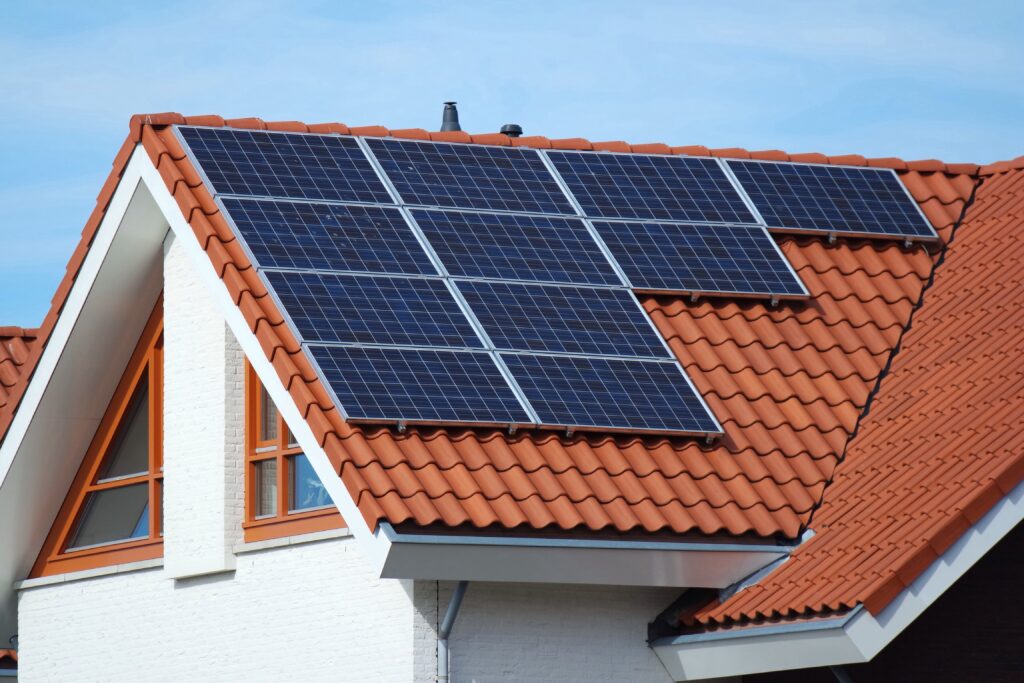In 2018 the Spanish government decided to repeal the ‘sun tax’. But what exactly is this tax? Why were restrictions on energy self-consumption established? What consequences did it have for the development of sustainable energies? What were the reasons for the repeal of this tax? What does the BOE (Spain’s Official State Gazette) have to say regarding the repeal of this sun tax?
In this post we will answer all the questions arising from this controversial measure against photovoltaic panel installations.

What is the sun tax?
Basically, a sun tax is a fee applied to the energy generated through photovoltaic installations. It was also called the self-consumption tax, since it was a tax that was levied on electric self-consumption.
In other words, anyone who wanted to install photovoltaic panels and generate their own electricity had to pay a fee in order to contribute to the power grid.
The “temporary fee for self-consumed energy” (better known as sun tax), was approved by Royal Decree 900/2015, which regulated the self-consumption of electricity. The approval of this position was followed by controversy, although it was ultimately endorsed by the Supreme Court.
The high court considered that this was not a tax in and of itself, but that it was a contribution to the costs of connection to the general electrical system, for cases in which the installation required this connection. If the consumer is not connected to the system, the tax was not applied (installations of isolated self-consumption or with less than 10 kW of low voltage power were exempt).
Why was the sun tax repealed?
Despite the reasons the Government and the Supreme Court had for implementing this measure, the sun tax was still a big setback for the development of sustainable energy sources. The procedures to legalize the installation of photovoltaic panels became complex and there was no real incentive for the owner.
In addition, the European Union’s plans for renewable energy by 20230 prevent governments from imposing a penalty through economic charges or administrative barriers to the production, sale, storage and distribution of renewable energy.
On October 5, 2018, the Minister for Ecological Transition, Teresa Ribera, included the repeal of the sun tax in the measures of the decree-law approved that same day in the Council of Ministers (Royal Decree-law 15/2018). A year earlier, the Congress of Deputies recognized the right to the self-consumption of electricity without charging the users.
Spain is one of the European countries with the most hours of sunlight. However, it is also one of the countries that is furthest behind in the field of solar power installations. In the words of Teresa Ribera, “there are 1,000 installations, compared to the million that Germany owns”.
The following year (2019) the current regulations on the self-consumption of electricity were approved: Royal Decree 244/2019, April 5, which regulates the administrative, technical and economic conditions of self-consumption of electricity.
The BOE’s normative surrounding the repeal of the sun tax
The Royal Decree-law of 2018 aimed to apply urgent measures to enable the energy transition and the protection of consumers. It includes a series of measures to promote the use of solar energy. The main measures included in the legislation are the following:
· The right to the self-consumption of energy without any economic burden.
· The right to shared self-consumption in order to take advantage of economies of scale.
· Promoting the administrative and technical simplification of implementing photovoltaic installations (especially low power ones).
· Compensating the power surpluses that are injected into the electrical grid by users.
Advantages of repealing the sun tax
Few political measures in Spain have been as acclaimed as the repeal of the sun tax. The advantages of its removal benefit small consumers and promote the use of green energy sources.
Furthermore, both individuals with installations generating over 10 kW and SMEs that adopt a sustainable energy model benefited from this decision. Not only from having to pay one less tax, but also in terms of management and compensation from the excess supply to the network. Some users benefited from reductions in their electricity bill of up to 70%.
The demand for solar panels and renewable energy installations has increased, since their amortization is now faster. Solar panel installation increased by 80% in 2018 alone.
The removal of the sun tax favors the use of renewable energy. This has been a huge leap forward in the transition towards renewable energy and sustainable development in Spain.
